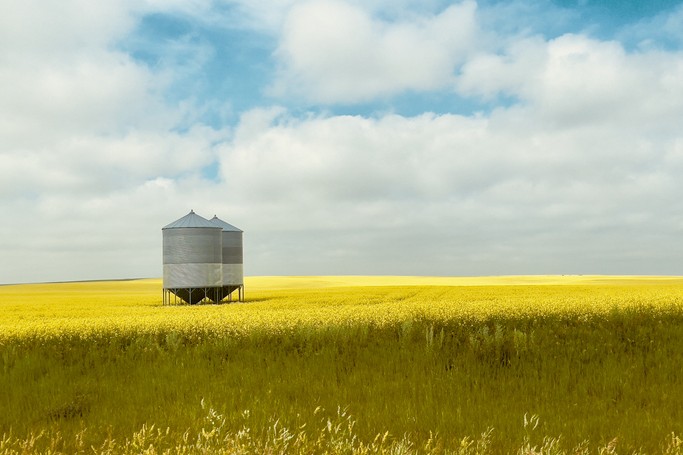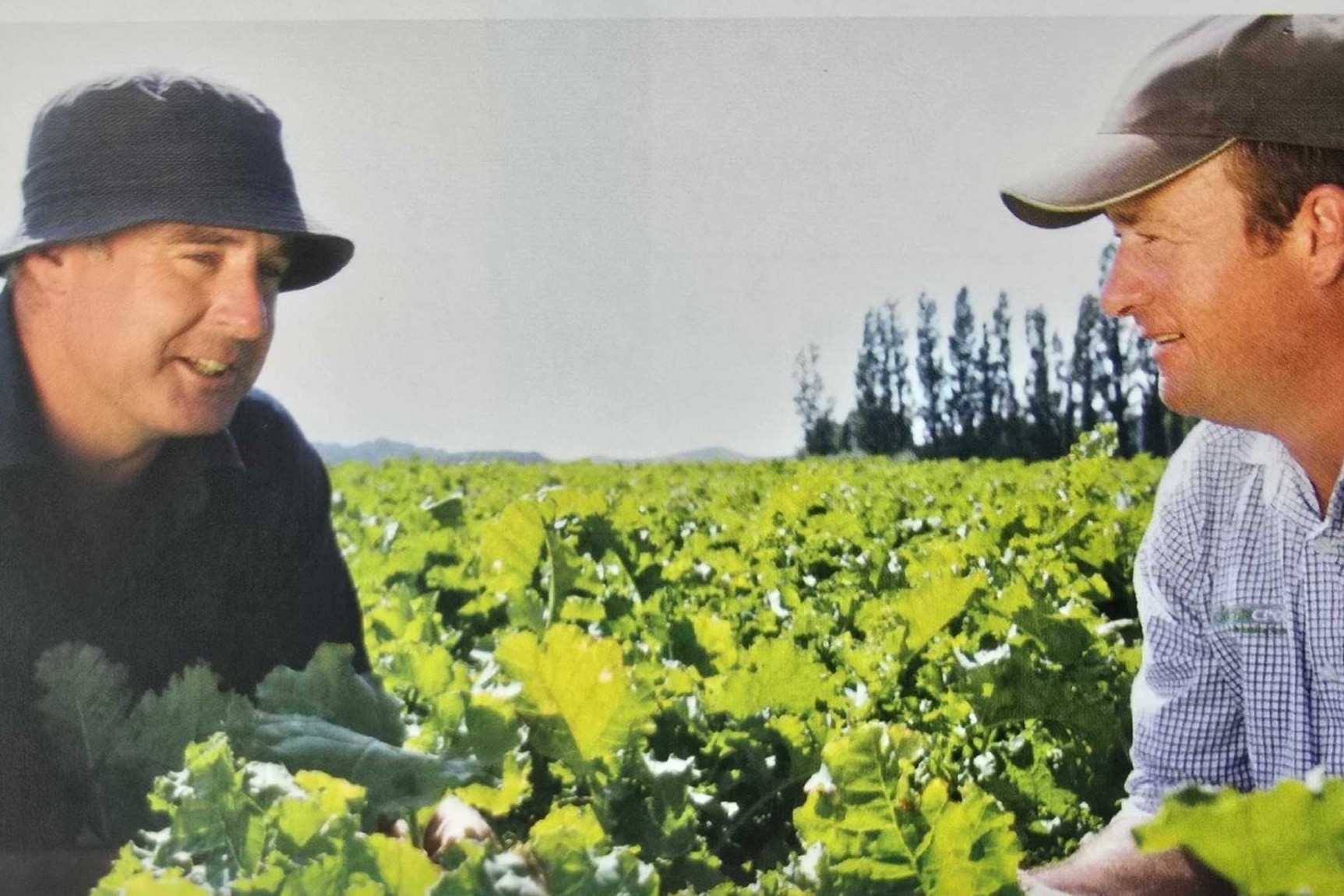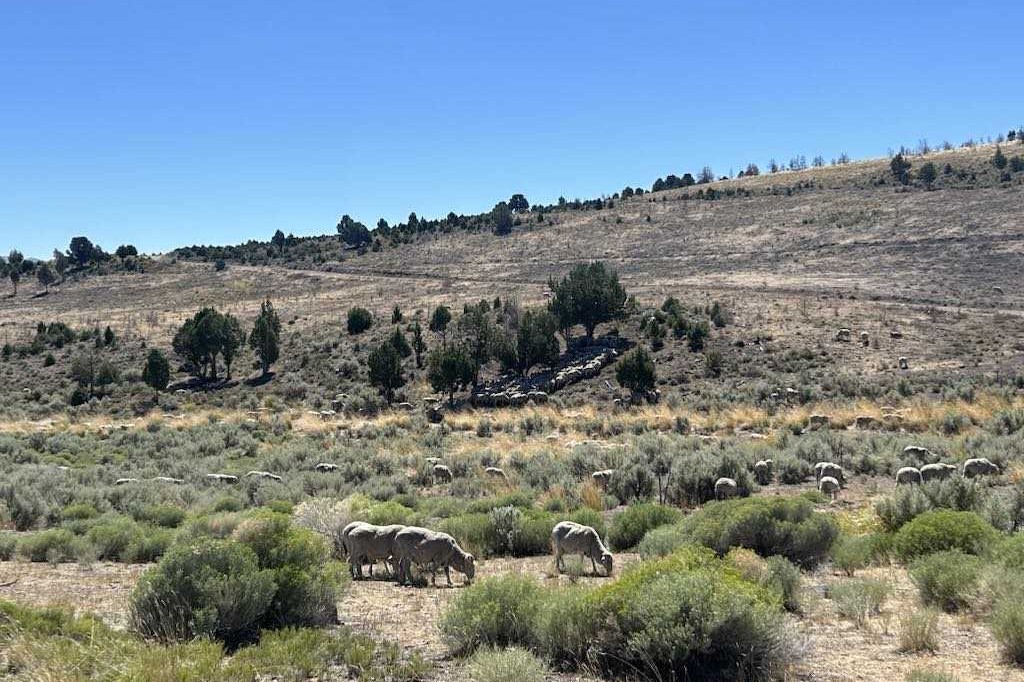As autumn beckons after a dry summer, Andrew Steven finds there’s always things to learn about farming.
In our part of South Canterbury, we have experienced a dry summer. I would not describe it as drought or comparable with other regions. We have been feeding grain and had issues of water supply.
We have sold some lambs store, but, ironically have bought in store lambs. The idea was to replace crossbred lambs that need to keep moving forward with merino and half bred types that just need to stay alive.
At the time of writing, (early March) we have not had our autumn break, but are waiting in expectation.
The store cattle we bought last winter, which seemed like a good idea at the time, we still have on hand and now doesn’t seem like such a great idea anymore. At least we haven’t received a call from MPI.
The arable harvest has gone well and we have only four hectares left to do; a crop of lupins that has been slow to ripen. We are busy getting greenfeed crops sown to feed some animals for the winter.
When you are operating a combine, you tend to use all of your senses, to ensure that everything is running well. The sense that you don’t want to use is your sense of smell. Particularly if you can smell smoke. I had cause for a rapid shutdown and reach for the fire extinguisher.
An electrical fault was the source of ignition and the engine fan was causing some old debris to smoulder. Luckily, no fuel or oil was involved and one small extinguisher did the job, once the engine was shut down. The fault was probably caused by a rat chewing on wires and took a couple of hours to get the melted wires cut out and re-joined.
The conventional wisdom is that you run the type of sheep that suits your country and it is hard to disagree with that statement. Over the years I have played around with a variety of breeds and I have never been completely happy with any of them.
After a trial run a couple of years ago, I have bought Merino rams to go over Perendale ewes. While halfbreds don’t suit us particularly well, we simply cannot continue to grow a type of wool that nobody wants to pay for.
Our trial run has yielded wool of 23 micron, soft, bright and good length. We have a range of body types so will have to select the type which lends itself best to easy-care farming.
Regenerative agriculture. The term seems to be getting up the noses of a few people, including the editor, Terry. The term seems to imply that we have been doing something wrong. That we have been a bunch of degenerates. There might be some marketing power to be had, or conversely, a threat.
Regenerative farming is accused of being a fad and will give way to the next fad that comes along. But what is it?
The definition that I like is very broad. It is “the process by which we become educated about our own soils”.
It implies that we need to educate ourselves, as it is difficult to get good advice.
I have a little challenge for you. Identify an area, a paddock or a practice on your farm that you are not happy with. Something that doesn’t perform to your expectation. If you can’t come up with anything, you are already an outstanding farmer. Or maybe your powers of observation aren’t so good, or you don’t think about things much. Maybe you aren’t honest with yourself.
Critics of regen ag are correct, there are clear signs of a fad, but there is stuff to learn.
NZ farmers are among the best in the world and practice regenerative agriculture in their conventional farming. The regenerative farming fad picks out a few good conventional practices such as rotational grazing and no-till farming and repackages them as part of the great nirvana.
It demonises conventional farming to gain support using emotive language around soils, climate change, and biodiversity. It depicts mainstream farming as unsustainable. The facts suggest otherwise.
Regenerative ag supporters claim chemical fertilisers are bad for soil health but they are not. They feed the soils. Animal manure and compost can’t supply enough nutrients. About 50 tonnes of animal manure equals a tonne of nitrogen. That’s a lot of cattle.
Most NZ farmers do look after their soils well and don’t need educating. Those that do, need fact not fiction. – Editor




